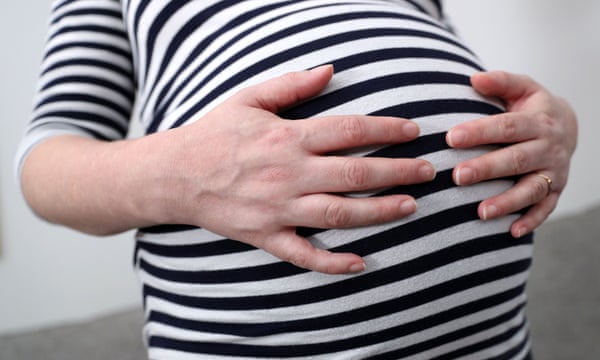"Informed AI News" is an publications aggregation platform, ensuring you only gain the most valuable information, to eliminate information asymmetry and break through the limits of information cocoons. Find out more >>
Study Reveals Higher Pregnancy Complications for Surrogates
- summary
- score

Women acting as surrogates face higher risks of pregnancy complications compared to those who carry their own babies, a study finds. The use of surrogates, known as "gestational carriers," has surged in recent years. In England and Wales, the number of parental orders, which transfer legal parentage from the surrogate, rose from 117 in 2011 to 413 in 2020.
A Canadian study reveals surrogates are more likely to experience severe postpartum hemorrhage and severe pre-eclampsia than women who conceive naturally or via IVF. Babies born to surrogates are also more likely to be premature, though not necessarily with severe neonatal complications.
The study, based on data from Ontario, analyzed 863,017 singleton births from 2012 to 2021. Out of these, 806 were surrogacy births, 846,124 were unassisted conceptions, and 16,087 involved IVF. The rate of severe maternal complications was 7.8% for surrogates, 2.3% for unassisted conceptions, and 4.3% for IVF pregnancies.
Factors like previous births, lower income, obesity, and high blood pressure do not fully explain the higher risks. After adjusting for these factors, surrogates had a 2.9 times higher risk of severe postpartum hemorrhage and a 1.79 times higher risk of preterm birth compared to unassisted conceptions. Risks were also higher, though less so, compared to IVF pregnancies.
Experts call for better prenatal care and stricter criteria for surrogates. The study raises ethical questions about the potential exploitation of women and the neglect of their health in the surrogacy process.
| Scores | Value | Explanation |
|---|---|---|
| Objectivity | 6 | Comprehensive reporting with in-depth analysis. |
| Social Impact | 5 | Significantly influences public opinion on surrogacy. |
| Credibility | 5 | Solid evidence from authoritative sources. |
| Potential | 5 | Almost certain to trigger larger discussions. |
| Practicality | 4 | Highly practical for improving surrogacy care. |
| Entertainment Value | 2 | Slightly monotonous with few entertaining elements. |